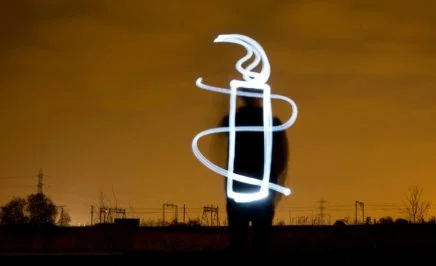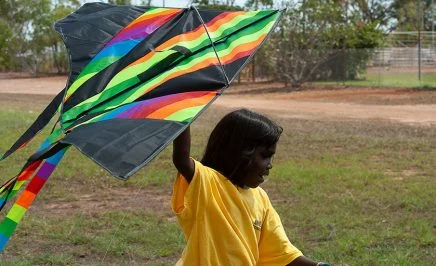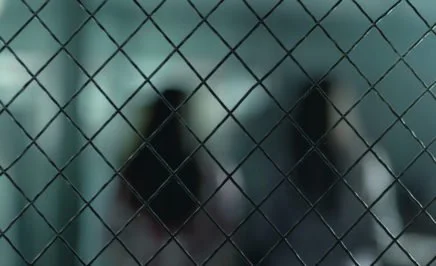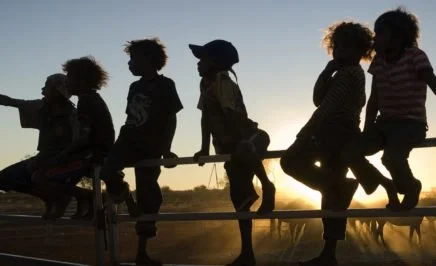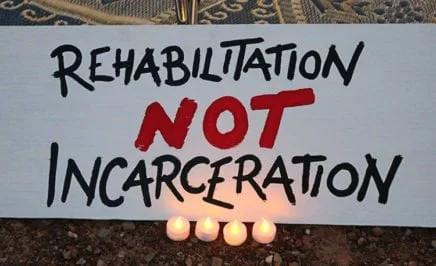Great news from the NT! Our supporters really stepped up to ensure that independent MPs did not support the government’s damaging plans to lock up more kids before they have even been to trial.
What happened?
The Northern Territory government was seeking to rush through changes on their final parliamentary sitting day before the NT election that would have made pre-trial prison the default for children charged with crimes who have been found guilty of offences like stealing and property damage in the past.
This would have meant a presumption of jail, rather than bail, for kids as young as 10.
The Northern Territory has the highest rate of youth detention in Australia already, and 95 per cent of all kids that are locked away are Indigenous.
The Northern Territory has the highest rate of youth detention in Australia already, and 95 per cent of all kids that are locked away are Indigenous.
To address this, we need to support Indigenous people and organisations to develop local solutions to the local issues they are best placed to understand. We need resources to go into things like youth services, better education; family violence prevention; drug and alcohol services; and proper housing.
But at the moment, the NT government is choosing not to fund youth services and programs to work with children and young people to give them every chance of success. A three million dollar funding cut in 2012 forced the closure of a youth drop-in centre and the end of night-time activities run by local Aboriginal organisations in Alice Springs. As local, long-time youth worker Blair McFarland puts it “Now we’ve got kids on the street – go figure!”.
Now we’ve got kids on the street – go figure!
And there have been more cuts since. This government allocated $1.2 million towards youth justice programs in 2016/17, down from the $2 million spent in 2015/16.
The Northern Territory has a minority government, which means that they rely on the support of independent opposition MPs to pass changes to these bail laws.
The opposition announced they would not support the changes, so we knew the outcome would probably be up to one key independent who has been voting with the government – Larisa Lee.
We also knew that if there was any hope of persuading her, the pressure would have to come from inside the NT, so we contacted all of our supporters there.
How did Amnesty respond?
Our supporters in the Northern Territory sprang into action, sending emails and making phone calls to Larisa Lee, urging her not to support the changes.
She got in touch and let us know that based on concerns that had been raised with her by the community, she did not support the changes!
This was great news, but there were two more independent MPs whose position on the motion wasn’t yet clear. Just before the Bill was about to be debated, our supporters got in contact with these independents to get them over the line.
In the end, the government did not try to pass the laws. We have it on good authority that this was because they knew they didn’t have the numbers to support the move.
In the end, the government did not try to pass the laws. We have it on good authority that this was because they knew they didn’t have the numbers to support the move.
This shows how much influence our relatively small supporter base in the NT can have, just by contacting their local MPs.
What next?
This is a huge win, and it is fair to say wouldn’t have happened without our supporters.
However the Chief Minister, Adam Giles, has said that rather than try to pass this law now, he’ll be pushing a ‘tough on crime’ agenda and will seek a mandate for a law and order response. This means laws that strip magistrates of the power to look at the individual child’s circumstances, a higher chance of kids getting locked up before trial and electronic monitoring bracelets if they are released on bail.
In summary, we’ve had a great win but there could be a storm still brewing behind it.
We’ll need the support of our amazing supporters in the NT and we’ll need to get creative to stop the lead-up to the NT state election (on August 27) from being a ‘tough on crime’ race to the bottom.

